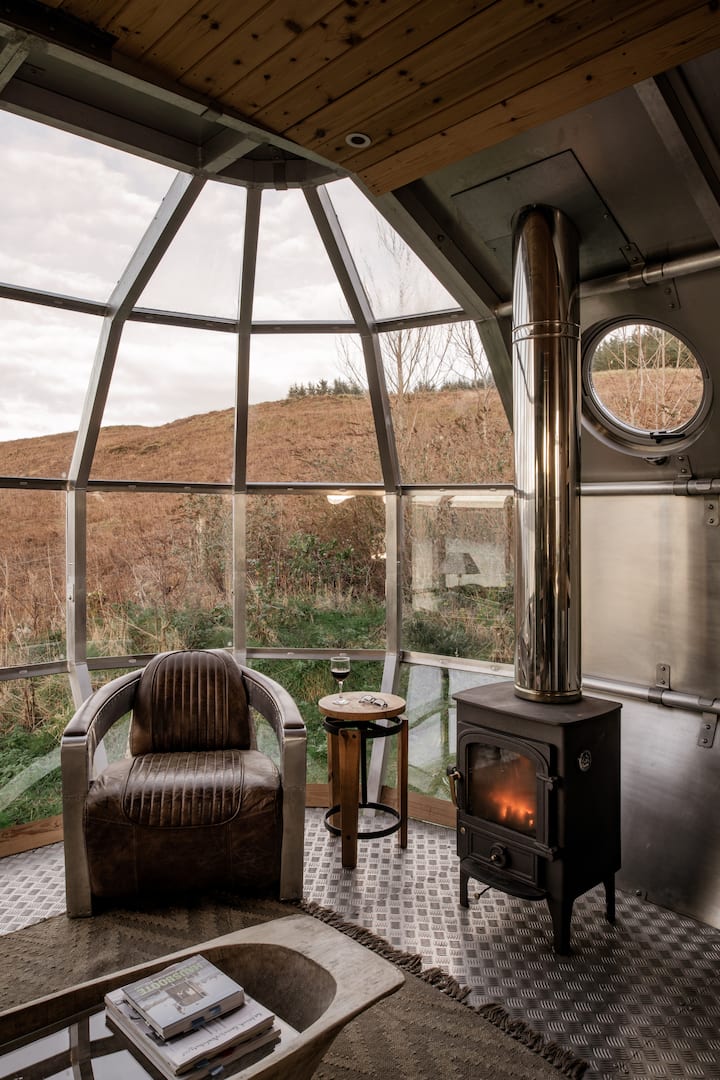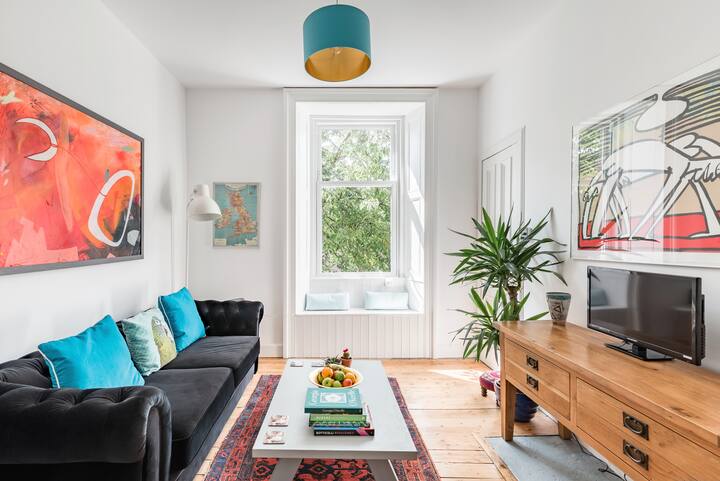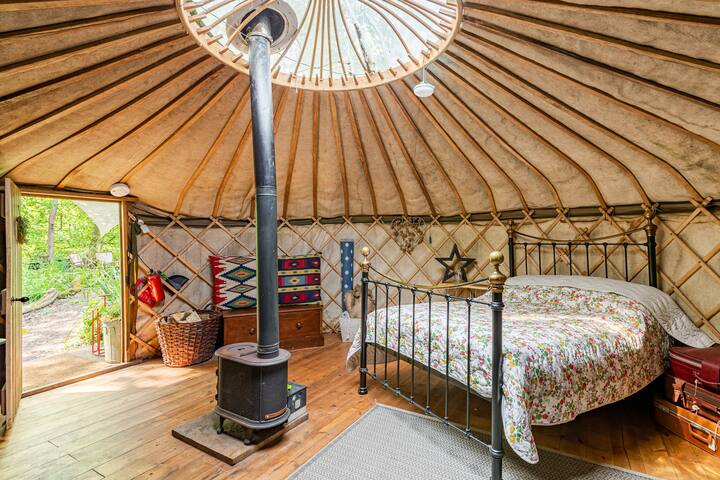
Apply for your short-term lets licence in Scotland
Apply for your short-term letslicence in Scotland
New regulations for short-term lets in Scotland require all Hosts to obtain a licence, and some may need planning permission. Before accepting bookings in new listings in Scotland, Hosts must already have a licence in place. If you started hosting in Scotland before 1 October 2022, you will need to apply for a licence by 30 September 2023 to continue operating. The application can take a while to process, so we suggest applying in good time.* To keep updated, sign up for webinars with the Association of Scotland’s Self-Caterers (details below).
New regulations for short-term lets in Scotland require all Hosts to obtain a licence, and some may need planning permission. Before accepting bookings in new listings in Scotland, Hosts must already have a licence in place. If you started hosting in Scotland before 1 October 2022, you will need to apply for a licence by 30 September 2023 to continue operating. The application can take a while to process, so we suggest applying in good time.* To keep updated, sign up for webinars with the Association of Scotland’s Self-Caterers (details below).

What are the new rules?
The Scottish Government has introduced a licensing scheme for short-term lets and given local authorities the power to introduce planning control areas. For example, Edinburgh has already decided to require Hosts who share a secondary letting (i.e. a property where the Host or operator does not normally live) to have planning permission. Visit Scotland have prepared helpful FAQs about the new rules. You can also visit the Scottish Government's dedicated page for more information.
What are the deadlines?
There are two different deadlines for licence applications depending on when you started offering your space as a short-term let.Hosts who began sharing their property as a short-term let after 1 October 2022 must obtain a licence before accepting any new bookings. If you’re new to hosting and are looking to get started, we’d suggest reaching out to your local authority to understand which specific steps you should take first. Existing Hosts who offered their short-term let (on or off Airbnb) before 1 October 2022 must apply for a licence by 30 September 2023 if they wish to continue hosting.


How can I apply?
You can apply for a licence via your local authority. If you have a second home, Visit Scotland recommends that you check with your local council if you also need planning permission or a certificate of lawfulness to operate. This is particularly important if you are in a Planning Control Area, but you may also need permissions outside those areas. You should also review the mandatory licence requirements on your local authority’s licensing page to understand what steps to take first in order to comply.
Are there exemptions?
The Scottish Government have set out some exclusions from the rules, including aparthotels, holiday caravans or glamping pods sited within a park with a caravan site licence, and hotels. Read the full list here.

h
What do I need to apply for a licence?
Before you apply for a licence, you will need a few key documents. This is a non-exhaustive list as individual local authorities may require additional information. Any extra conditions should be listed on the local council’s website.
Before you apply for a licence, you will need a few key documents. This is a non-exhaustive list as individual local authorities may require additional information. Any extra conditions should be listed on the local council’s website.
Energy Performance Certificate (EPC)
If you share your entire home, you will need a valid EPC dated within the last 10 years. Learn more here.
Fire risk assessment
Fire safety law requires you to conduct a risk assessment and ensure your short-term let has reasonable fire safety measures in place. This includes risk reduction measures, a means of fire detection and warning, and a means of fire-fighting provision. Learn more here.
Gas safety certificate
You must have a gas safety certificate dated in the last 12 months. Learn more here.
Electrical Installation Condition report
An electrical safety check and electrical appliance testing must be conducted on the premises every five years. A report will be required to prove the safety of these appliances called a Portable Appliance Testing (PAT) Report. Learn more here.
Legionella risk assessment
You must assess the risk from exposure to Legionella within your premises, whether it has a private water supply or not. Learn more here.
Building insurance
You must have valid buildings insurance for the duration of each short-term let agreement.
Public liability insurance
You must have public liability insurance for the duration of each short-term let agreement. This should cover £2 million as minimum, which extends to liability to paying guests as well as buildings insurance.
l
Need more info?
a
Contact your MSP
If you’re facing challenges with the process, or wish to comment on the new rules, you can contact your MSP to raise any issues. Find and write to your local MSP at the link below. Just enter your postcode and fill in the online template with your message. This will be sent directly to your representatives. Write to your local MSP
b
Attend a webinar with the ASSC
Want to learn more? We are hosting three webinars with the Association of Scotland’s Self-Caterers (ASSC), which will explain the new rules in detail and answer your questions. These webinars will cover the same content and they will also be recorded.The next session is Monday 25 September, 6pm.To claim your free ticket, apply the code AIRBNBSEPT23. Please note that this code is for Airbnb Hosts only.Register now
c
Join your local Host club
To keep updated and to connect with Hosts in your area, join your local Host Club Facebook group.
*This page provides general information and links to official resources to help Hosts in Scotland identify the new rules that could impact them. We recommend that you do your own research, as this article isn’t fully comprehensive, is not updated in real time, and doesn’t constitute legal or tax advice. If you are unsure, we suggest you check with a legal expert or your local authority to learn more.